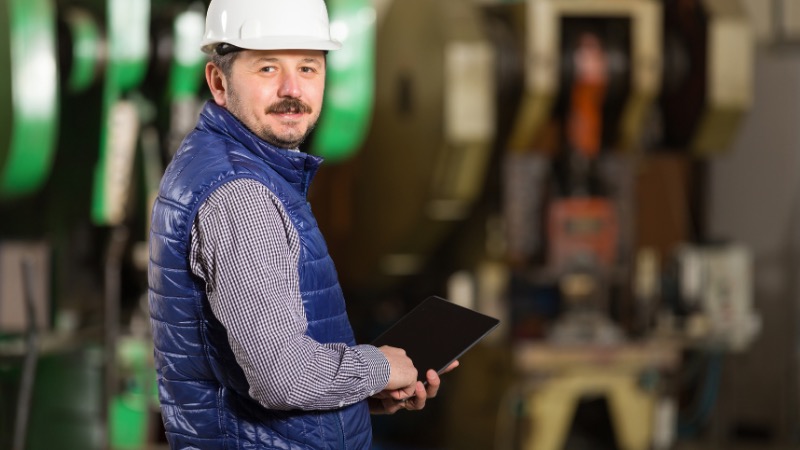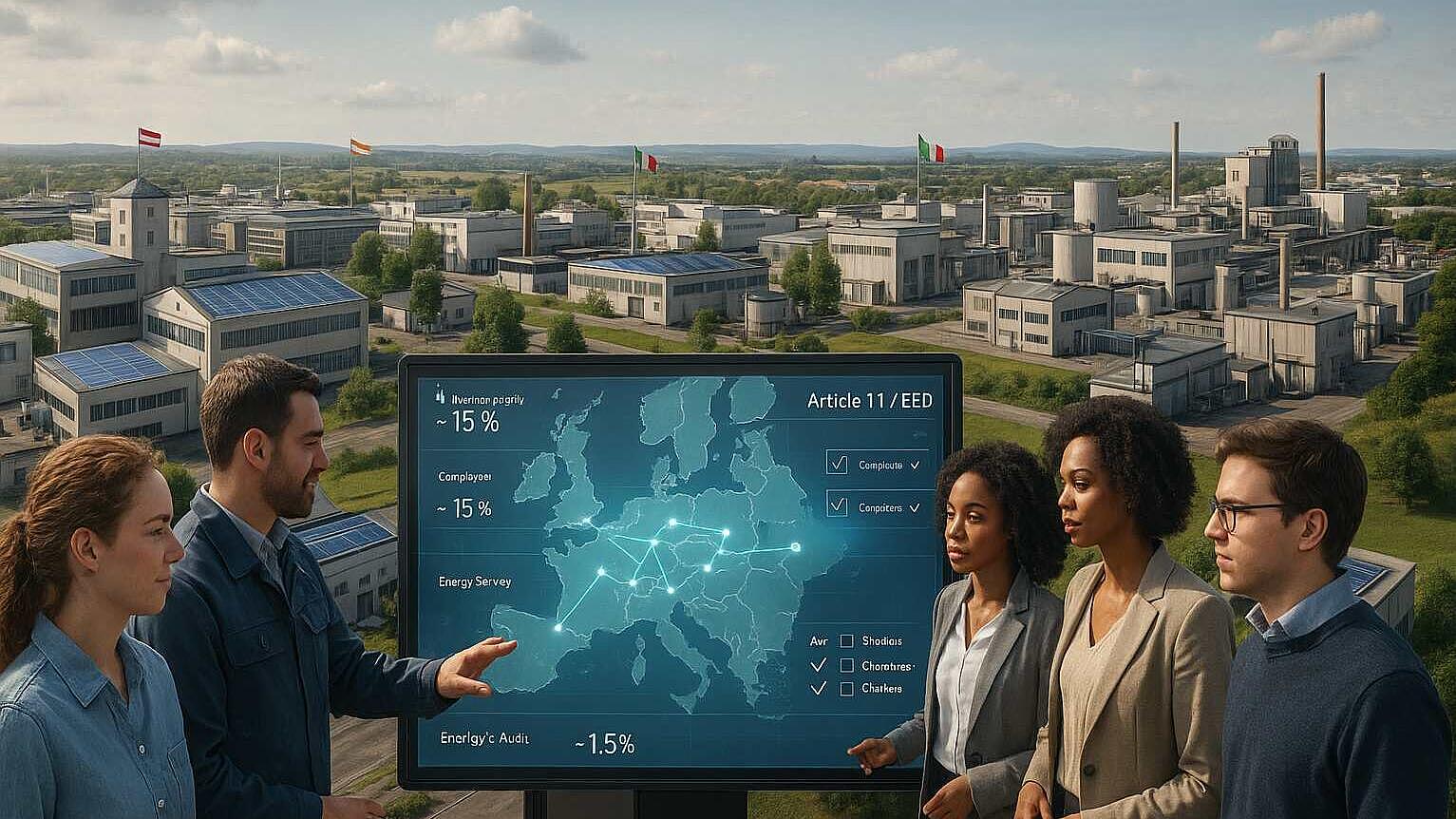 Política & Regulação
Política & RegulaçãoEmpowering Small and Medium-sized Enterprises (SMEs) in the Energy Transition: The DEESME Project
Resumo
The DEESME project, under the EU's Horizon 2020 program, aims to assist European SMEs in enhancing-energy efficiency and contributing to the EU's carbon reduction goals. Despite existing national schemes, SMEs face hurdles such as limited resources and energy audit perceptions. With a consortium across several countries, DEESME's multifaceted strategy addresses enabling SME energy transition management, policy development, and national authority adoption of its approach. The project uncovered 11 challenges through stakeholder consultations—six general and four SME-specific—such as resource limitations and compliance issues.
To address these, stakeholders suggested establishing information hubs, promoting non-energy benefits, creating compliance guidelines, encouraging carbon footprint calculations, and using benchmarking. These solutions aim to help national authorities implement Article 11 of the European Energy Efficiency Directive effectively. Article 11 introduces additional SME challenges, focusing on the identification of obligated companies, compliance assurance, audit quality maintenance, and reporting balance. DEESME's initiative is crucial for integrating SMEs into the EU's sustainability trajectory.
Artigo aberto completo
Empowering Small and Medium-sized Enterprises (SMEs) in the Energy Transition: The DEESME Project
The global pursuit of sustainable practices has placed increasing emphasis on energy efficiency, with the European Union (EU) at the forefront of initiatives to reduce carbon emissions. However, the focus has often been on large corporations, overlooking the unique challenges faced by Small and Medium-sized Enterprises (SMEs). In this context, the DEESME project emerges as a major point of change, aiming to empower European SMEs to navigate the complexities of energy efficiency and contribute meaningfully to the EU's goals. EEIP has just supported publication of Policy Recommendations for National Authorities. This report collected recommendations from 10 countries (Austria, Bulgaria, Croatia, Finland, Greece, Ireland, Italy, Poland, Slovenia and Spain).
Understanding SME Challenges
SMEs encounter various hurdles on the path to improving energy efficiency, including limited technical, human, and financial resources. Common barriers identified encompass lack of awareness, low capital, difficulty accessing financing, doubts regarding actual saving potential, and a scarcity of technical and human resources. While national schemes have been implemented to address these issues, they often fall short in convincing SMEs to view energy audits as more than bureaucratic obligations.
The DEESME Approach
DEESME, funded by the European Union's Horizon 2020 research and innovation program, aims to revolutionise the energy landscape for SMEs. The project is built on a robust consortium comprising academics, research organisations, consultancies, and government offices from Belgium, Bulgaria, Germany, Italy, the Netherlands, and Poland. DEESME has a multifaceted approach, focusing on enabling companies to manage the energy transition effectively, supporting the development of EU energy efficiency policies, and enhancing the adoption of the DEESME approach by national authorities beyond the project timeline.
Identified Barriers and Solutions
Through consultations with companies and key actors, DEESME identified 11 common challenges, six related to non-SMEs and four specific to SMEs. The challenges include limitations in staff and financial resources, difficulties in identifying obligated companies, ensuring compliance, maintaining the quality of audits, and balancing reporting and monitoring efforts.
Key Stakeholders' Conclusions
To overcome these challenges, key stakeholders in the DEESME project proposed several solutions. These include the creation of central information hubs, informed communication on non-energy benefits, structured guidelines for compliance, encouragement of carbon footprint calculation, and the implementation of a benchmarking approach. These insights are crucial for supporting national authorities in effectively implementing Article 11 of the European Energy Efficiency Directive.
Insights on the New EED – Article 11
The new EED Article 11 introduces additional challenges, emphasizing the importance of Member States' initiatives to motivate SMEs to conduct energy audits and implement recommendations. It outlines specific requirements for identifying obligated companies, ensuring compliance, maintaining audit quality, and balancing reporting efforts.
In conclusion, DEESME stands as a pivotal initiative, addressing the unique challenges faced by SMEs in improving energy efficiency. By fostering collaboration among key stakeholders and offering practical solutions, the project aims to create a lasting impact beyond its timeline. As the world strives for a sustainable future, projects like DEESME exemplify the proactive measures necessary to ensure that no entity, regardless of size, is left behind in the journey towards a greener, more energy-efficient tomorrow.



